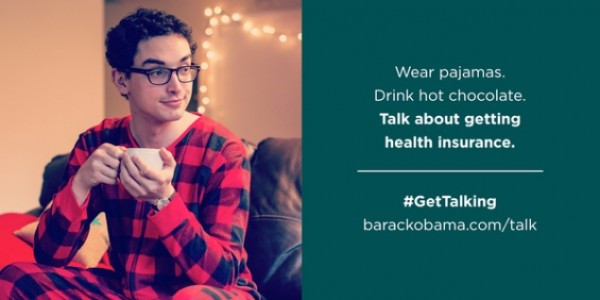On the way out the door, Mayor Bloomberg is not slowing down. In fact, his legal department filed a brief early in the stop-and-frisk case, before his successor (who opposes the policy takes over).
Even in cases where the city has been unable to resolve a longstanding dispute, like in the federal ruling finding the Police Department’s stop-and-frisk policies to be discriminatory, the city has moved quickly. Rather than wait for Mr. de Blasio to take office and make good on his promise to withdraw the city’s appeal, the city’s famously combative corporation counsel filed appeals briefs that run nearly 200 pages two weeks ago, well before the court’s deadline.
The gambit, which a city official said was intended to define the Bloomberg administration’s position on the stop-and-frisk issue, left some legal adversaries questioning the city’s motives.
“This was a last-gasp effort by the Bloomberg administration to have a final say about the stop-and-frisk rulings that have stained its legacy,” said Christopher Dunn, associate legal director of the New York Civil Liberties Union, which is handling one of the stop-and-frisk cases. “I feel for the lawyers who worked their fingers to the bone on legal briefs that were filed simply to make a political point.”
Yeah. Politics. I suppose the right thing to do would be to ask the court for a delay in filing briefs so the new administration can state their position. I’m sure the plaintiffs would not oppose the delay.
And Mazal Tov to Mayor Bloomberg. He is now a grandpa.


